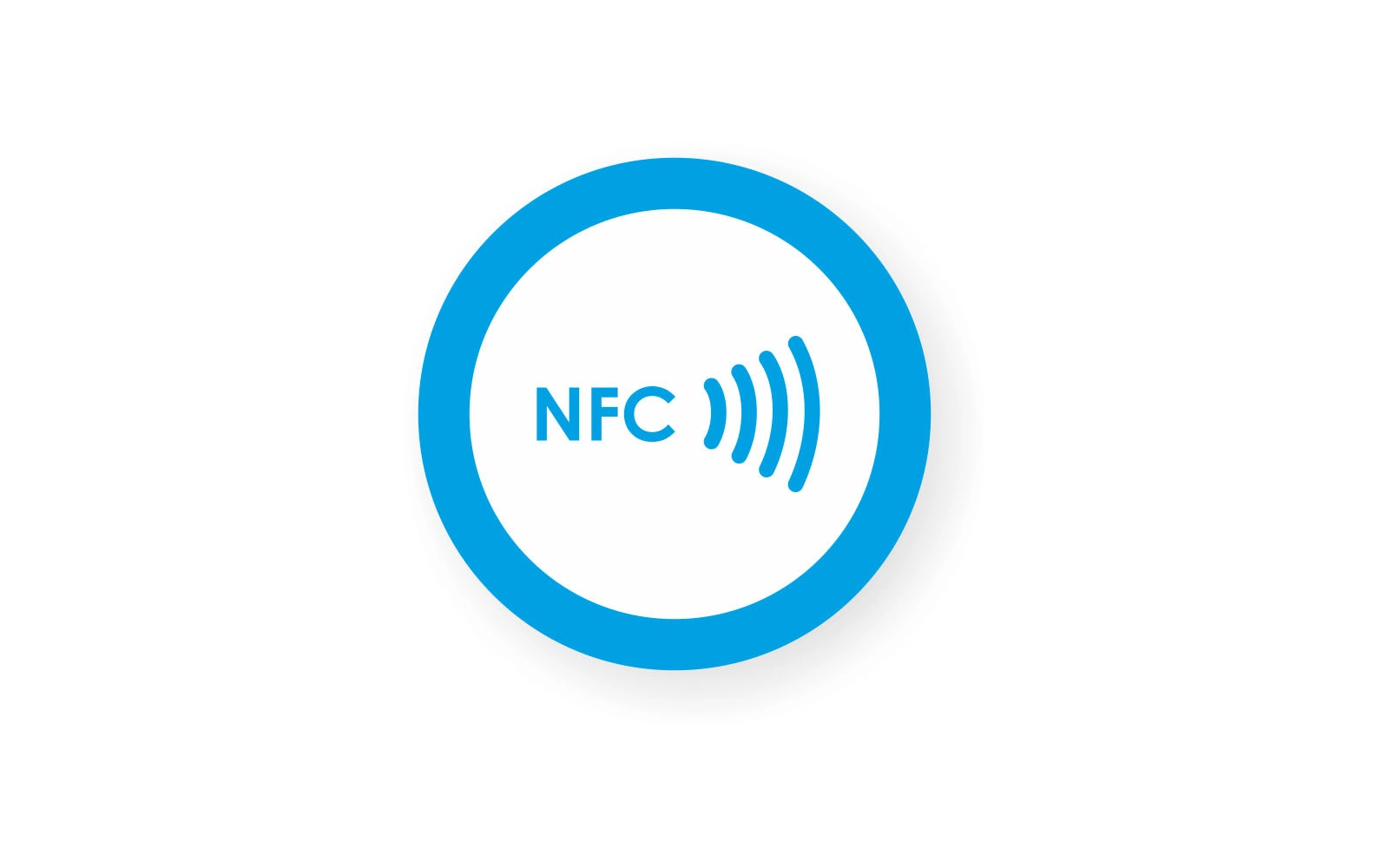Essential facts of NFC(1)
What is NFC technology; Its history and its applications
NFC is not a very popular technology among the general public, But it can be used in a wide variety of areas and simplifies many everyday tasks.
As you know, wireless communication methods have become quite popular in various forms and play an important role in facilitating the use of different gadgets and establishing communication between them. NFC, like Bluetooth and Wi-Fi, is a common wireless communication technology between smart devices that uses radio waves to communicate and can be used in a variety of areas, including facilitating file transfers between devices equipped with this technology, financial services, device control, gaming, Health and treatment, sales and other items to be used.
The titles you will read in this article:
- What is NFC?
- NFC History
- NFC application
- What is an NFC tag?
- How to use NFC?
What is NFC?
NFC stands for Near Field Communication, and the NFC chip uses near-field radio waves to communicate wirelessly within a few centimeters between two devices and transmit small amounts of information.
NFC History
The NFC Association started in 2004; But the field uses radio waves around 1945 and World War II to track warplanes; Of course, the history of NFC technology dates back to 1983; Because this year, a man named Charles Walton filed his first patent, RFID, or Radio Frequency Identification, and his patent became the starting point for the invention of the NFC standard chip and tag. In the following, we will review the most important events in the history of this technology since 2000.
- NFC was invented by Sony and Philips in 2000
- Registration of NFC as a standard by the International Organization for Standardization in 2003
- Founded NFC Association by Sony, Philips, and Nokia in 2004
- Creating the first NFC tag and launching the first tech-powered smartphone, the Nokia 6131, in 2006
- Nokia 6131 NFC tag used by consumers in the UK in 2007
- The first connection between the two phones and the exchange of information between them via NFC in 2009
- Release of the N logo (NFC brand) in 2010
- Launch of the first Android phone equipped with NFC technology, namely Samsung Nexus S in 2010
- Use of phones and bank cards equipped with NFC tag to provide services related to transportation and tourism and services to students in 2010
- Use NFC to launch games and share audiences, URLs, and video in 2010
- Introducing smart tags from Sony to change phone modes and profiles up close in 2012
- Samsung and Visa card partner to develop mobile payments using NFC in 2013
- Created an NFC-based authentication security system by IBM scientists in 2013
NFC application
As mentioned, NFC technology uses near-field radio waves to communicate wirelessly and transmit information between two devices; But before we get into the details of how this technology works, let’s get acquainted with the NFC chip and tags and their different types, the classification of NFC devices, and the different modes of communication between them.
NFC chip
An NFC chip is an integrated circuit integrated with an NFC tag that allows the tag to perform NFC-related activities. In addition, Different types of NFC chips are not usable by themselves and must be equipped with an antenna to provide close field communication coverage. So All NFC chips have unique identifiers, read and write memory, and memory lock capabilities.
What is an NFC tag?
The NFC tag is a piece of NFC chip and antenna that complies with NFC protocols and can only be read by phones with NFC technology. These tags have the ability to store information that only NFC-enabled devices can retrieve. NFC tags are also capable of transferring information between two devices.
NFC tags are divided into passive and active tags. Passive tags, like tags, contain information that other devices can read; But they themselves are not able to read the information. Active tags also look like passive tags, But they are equipped with an onboard power supply to transmit waves and the ability to read and write information and transmit them. Both types of tags have an antenna, an integrated circuit, and a wafer (thin pieces of semiconductor material).
NFC tags are made from a variety of materials, including adhesive paper, discs, printed circuit boards, epoxy, and Also metal tags, and some of them are very durable.
How to use NFC?
Another thing to note is that NFC devices generally communicate with each other in three ways; Peer-to-peer mode, read and write mode, and card simulator mode.
- Peer-to-Peer mode
- Reader/writer mode
- Card Emulation
Peer-to-Peer
In this case, which is the most common mode of NFC devices and is created to exchange information such as contacts, images and music files, communication takes place between two electronic devices (such as two phones) (as in the picture above). In peer-to-peer mode, the active device sends information and the passive device receives it.
Reader/writer mode
In read and write mode, a connection is established between an NFC-enabled device (such as a phone or NFC reader) and NFC tags. These tags can be placed on various objects or places to provide information or facilitate everyday tasks (we will discuss this in detail below).
Card Emulation
In this case, an NFC connection is established between the NFC reader with the card and the NFC device.Also, NFC reader devices are designed to exchange radio information used in close field communication or NFC card and phone, and most are non-contact devices.
How it works
NFC technology uses electromagnetic induction to send information. Also, This technology uses electromagnetic fields to transmit data or induce electromagnetic waves in the receiver. Passive devices also receive their power from electromagnetic waves generated by the active device; Of course, this force is transmitted over short distances.













